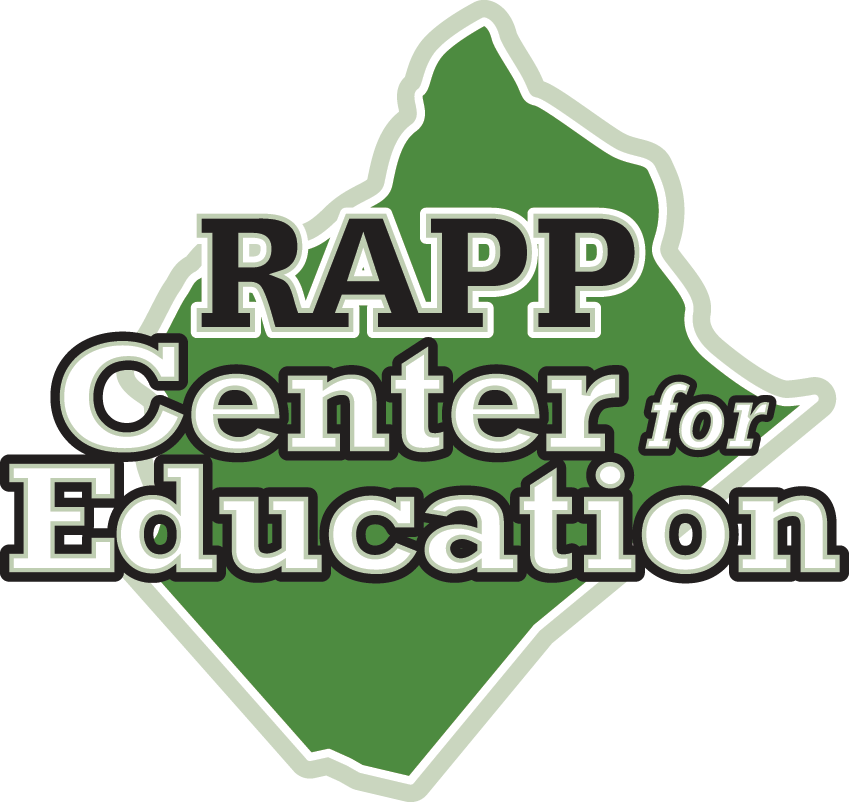
Butchery Program
Our next Butchery class will begin February 1, 2026. Registration now open!
-
The Butchery Program is designed to give you the tools and confidence to provide your customer with a great experience at the meat case. We include courses on providing exemplary customer service and understanding basic meat knowledge, including characteristics of over 240 meat cuts.
Range® Meat Clerk Certificates issued to students after the course.
Paid internships may be available.
-
Provides a solid foundation similar to a seasoned supermarket butcher.
Focus on customer service and meat basics.
Understanding characteristics of primals and subprimals.
Recognition of various types of cuts in the meat case.
Instruction on using meat as an ingredient (slices, cubed, ground meats).
Knowledge of identifying and merchandising multiple cuts in the meat case.
Understanding cut attributes.
Ability to recommend substitutes and proper cooking methods to customers.
-
-
Tuition for the butchery program is $900. This cost includes all classroom materials.
-
Need-based scholarships are available to all eligible applicants. All program applicants will be allowed to indicate their need for financial aide during the application process.
Empowering Local Agriculture
The Journey of Meat Cutter Training
During the early stages of the COVID-19 pandemic, the vulnerabilities of the U.S. meat processing industry became apparent as facilities faced closures due to employees falling sick. Staffing shortages led to significant animal waste and depleted freezer stocks in retail stores, highlighting the urgent need for expanded capacity in smaller processing facilities to mitigate future risks.
Through surveys conducted by American Farmland Trust, we learned that expanding small processing operations is challenging because trained labor is scarce despite the relatively high pay and regular hours.
We collaborated with the Piedmont Environmental Council to develop and implement a meat cutter training program. This initiative aimed to address critical gaps in the industry by bolstering the labor supply for regional small processors and facilitating greater access to local processing for small farm operations.
This video captures the journey of establishing this essential program through insightful perspectives from local producers, Belle Ridge Farm and Bean Hollow Grassfed, alongside program educators.
The result of our combined efforts has empowered small farmers with additional avenues for their products and enhanced the resilience of our local food systems.
Foodshed Capital funded this video through a grant/cooperative agreement from the U.S. Department of Agriculture (USDA) Agricultural Marketing Service. Its contents are solely the authors' responsibility and do not necessarily represent the official views of the USDA.
